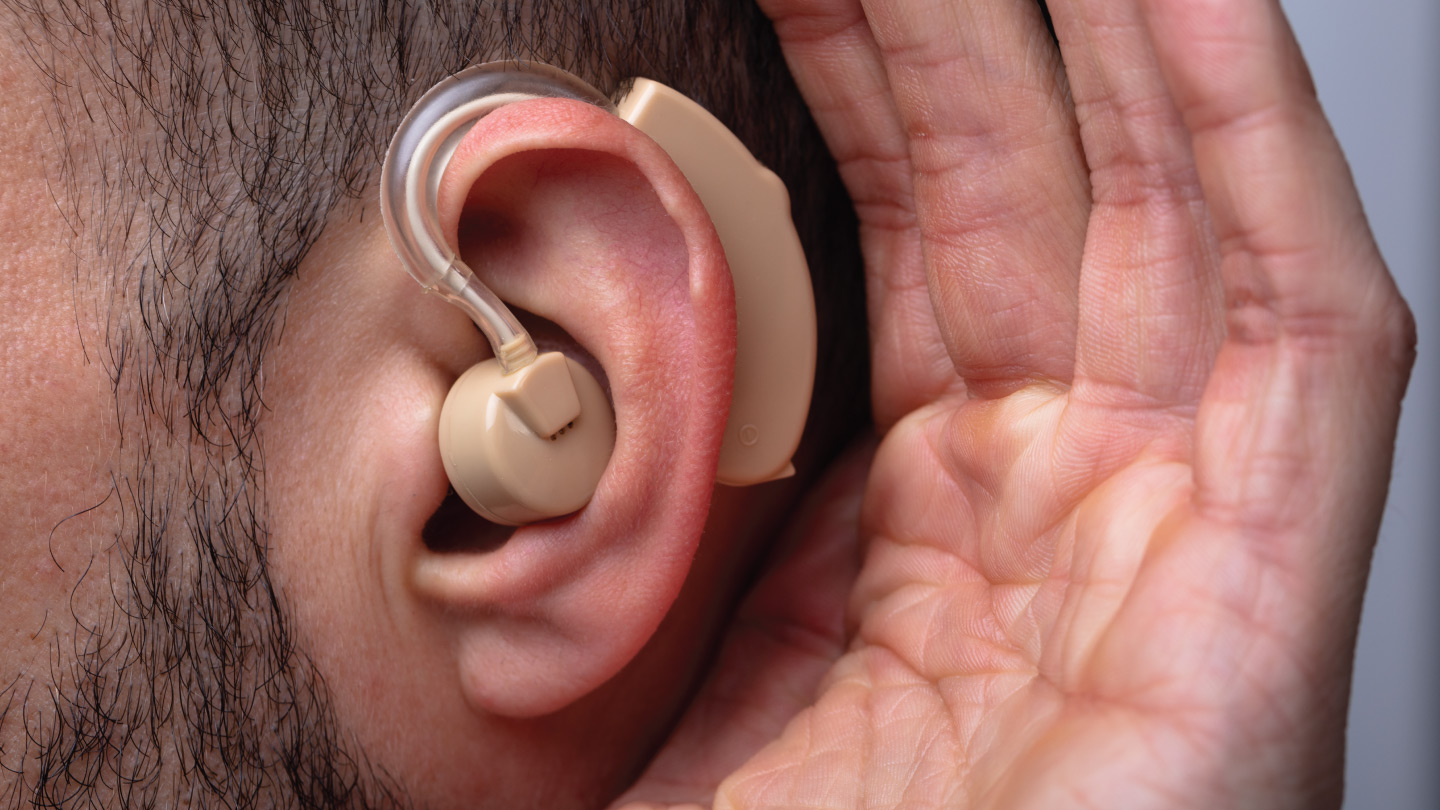Medical
10 Warning Signs of Alzheimer’s Disease
Memory loss, personality changes, and difficulty with speech or movement could be early signs of Alzheimer’s.

Approximately 8.8 million Indians aged 60 and above are currently living with dementia, according to Alzheimer’s Dementia Journal (2023). But that’s not all; this figure is estimated to increase by 197 per cent to reach 11.4 million by 2050, driven by population growth and ageing. Alzheimer’s is reported as the second leading cause of death caused by neurological disorders in India.
These rising numbers highlight an urgent need to raise awareness, spread accurate information, and ensure timely diagnosis and care.
Providing further clarity on the condition, Dr. Sudheer Kumar Tyagi, Senior Consultant Neurosurgeon at Indraprastha Apollo Hospitals, New Delhi, explains in a YouTube video that Alzheimer’s is a progressive neurological disorder that causes the brain to shrink and brain cells to die prematurely. It is a type of neurodegenerative dementia. He emphasises that a family history is not necessary for someone to develop Alzheimer’s. Dr. Tyagi also debunks a common myth: that Alzheimer’s only affects people in their 70s or older. While the majority of patients are elderly, he points out that early-onset Alzheimer’s can also occur in younger individuals.
Dr. Girish Nai, Consultant Neurologist at Apollo Hospitals, Navi Mumbai, shares his insights in a YouTube video, where he discusses the different symptoms of Alzheimer’s disease. Keep reading to know how to spot the warning signs of Alzheimer’s.
Need all your wellness solutions in one place? A whole new world awaits just a click away.
10 Warning Signs of Alzheimer’s Disease
1. Memory Lapses
Memory loss is often the earliest and most recognisable sign of Alzheimer’s. While it is normal to forget things occasionally (benign forgetfulness), especially when under stress, it becomes concerning when someone frequently forgets simple day-to-day things like what they had for breakfast or the name of someone they recently met. A warning sign is when the person denies these lapses or is unaware of them.
2. Visual-Spatial Disturbance
A person may have trouble judging distances, recognising familiar places, or navigating through once-known surroundings. They might misplace objects, bump into furniture, or feel disoriented in spaces they used to move through comfortably.
Related story: 7 Signs You Need to Take A Break for Your Mental Health
3. Behavioural Manifestations
Changes in behaviour can be subtle at first but become more noticeable over time. The person may become easily irritated, restless, withdrawn, or anxious. Sudden mood swings or emotional outbursts may appear without a clear reason.
4. Suspicion
People with Alzheimer’s sometimes become suspicious of those around them. They might accuse others of stealing, hiding things, or acting against them. These beliefs are often unfounded and can create confusion or conflict.
Related story: The Chemical Khichdi: Being Bipolar Disorder
5. Changes in Personality
Gradual changes in personality are another sign to watch for. A once-calm and friendly person might become angry or indifferent. They may stop showing interest in hobbies or relationships and behave in ways that seem very different from their usual self.
6. Speech Difficulties
Speech can become harder as the disease progresses. The person might struggle to find the right words, repeat the same phrases, or stop mid-sentence. They may also use incorrect names for familiar objects or people.
Related story: 3 Ways to Stimulate Your Vagus Nerve
7. Impaired Mobility
Walking or basic movement can become difficult. The person may walk more slowly, shuffle their feet, or feel off balance. These issues are not caused by muscle problems but by changes in brain function.
8. Tremors
Some people may develop small tremors, especially in the hands. While tremors are more common in other neurological conditions like Parkinson’s, they can occasionally be seen in Alzheimer’s as well.
Related story: Why Gaming Can Make You Healthy, Wealthy and Wise
9. Unusual Reactions with Everyday Things
The person may overreact or respond inappropriately to normal situations. A simple noise, an everyday conversation, or a casual event might cause fear, anger, or confusion that seems out of proportion.
10. Reduced Attention Span
In individuals with Alzheimer’s, maintaining focus becomes harder. The person may struggle to concentrate on a task, follow a conversation, or stay engaged in activities they once enjoyed. They may appear distracted or mentally distant.
Need all your wellness solutions in one place? A whole new world awaits just a click away.
Regular health checks are essential for everyone, but they are particularly important for individuals who are at risk of or already have any underlying condition. Taking regular health checks can help detect the condition at an early stage when it is easier to manage and treat. With the UR.Life HRA, we help you to invest in your well-being through seamless interventions and targeted medical treatments. Our holistic wellness approach caters to all aspects of your well-being. We ensure that you can bring your whole self to work.
With our medical professionals by your side, routine health check-ups will never be an issue. Advanced laboratory technologies back UR.Life’s Occupational Health Centers (OHC), and with highly qualified experts/technicians, we’re committed to delivering trusted and quality recommendations, modifications and advice to you.
EXPLORE MORE
Yawning might seem like a harmless activity, but when it becomes excessive, it might be a signal that your heart is under strain.
Recent studies suggest that women with low levels of omega-3 fatty acids are more likely to develop Alzheimer’s disease. Read to understand how this can impact you.
You’re tired even after 8 hours of sleep, snapping at small things, and craving coffee like oxygen? That might not just be “adulting fatigue,” it could be high cortisol at play!
Hearing loss interacts deeply with emotional, social, and cognitive systems. When combined with loneliness, the risk to memory and thinking functions is especially strong.










